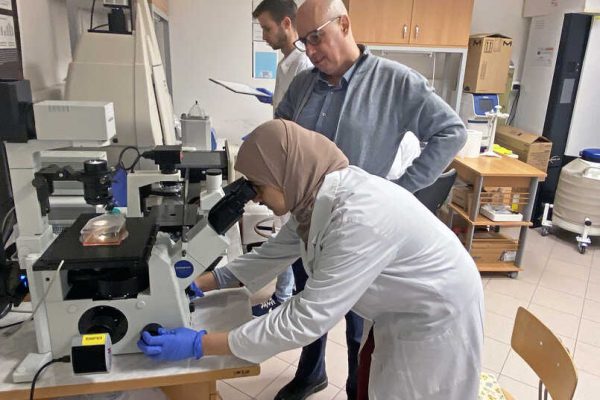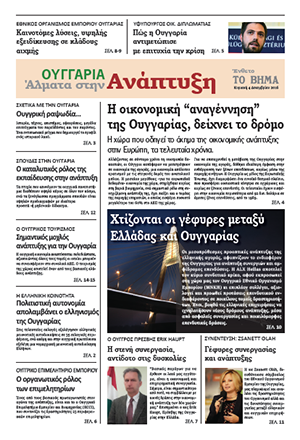Budapest will host an international cyber security contest on January 24-25, the organisers said.
The event is based on the earlier National Cyber Competition, expanded with European participants and rebranded SecOps Europe IT Security Conference.
The International Cyber Competition, due to be held on the first day of the conference, is aimed at preparing young programmers to respond in the event of a comprehensive cyberattack, as well as simulating government-level follow-up and communication. The four students of the winning team of the Tabletop Exercise (TTX) and their teacher will go on to participate in the Geneva finals of the Cyber 9/12 Student Challenge.
On the second day of the conference, computer emergency response teams (CERTs) from several European countries will be competing with each other in a critical infrastructure environment. The opening address will be held with the chief patron of the two day event, Zoltán Rajnai, the Interior Ministry’s cyber coordinator. Other speakers of the conference will include world-renowned white-hat hacker Zuk Avraham, the developer of a mobile intrusion prevention system.
The Cyber 9/12 Student Challenge, now entering its fifth year, is one of the numerous worldwide initiatives of the Atlantic Council, established in 1961, the organisers said. The European finals of the challenge will be held in Geneva, in cooperation with the Geneva Centre for Security Policy (GCSP). Students will be responding based on a fictitious script to an extensive computer offensive against European systems.
Their task will be to make proposals for defensive measures and to coordinate the different interests of the various participants in order to take joint action. The contestants will prepare a collective cyber security crisis management plan, taking into account the political and governance structures of NATO, the EU and the states concerned.
The first CERT coordination centre (Computer Emergency Response Team Coordination Center) was set up in 1988 at Carnegie Mellon University with the aim of protecting sensitive data stored in IT systems against increasingly sophisticated cyberattacks.
Terms and applications here
Source: dailynewshungary.com












